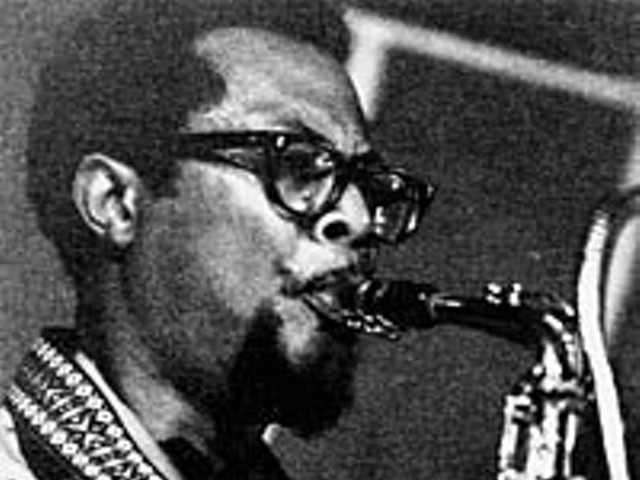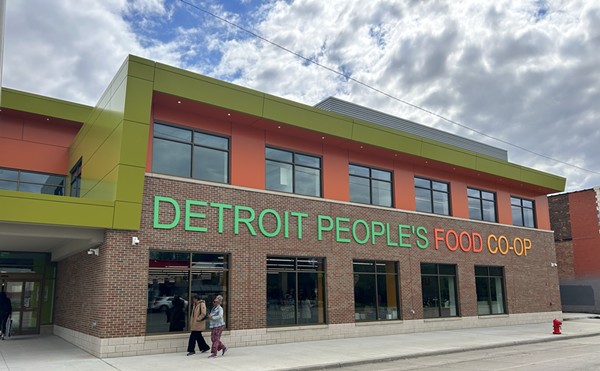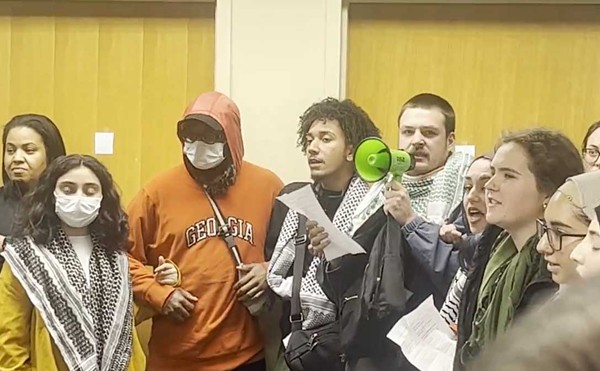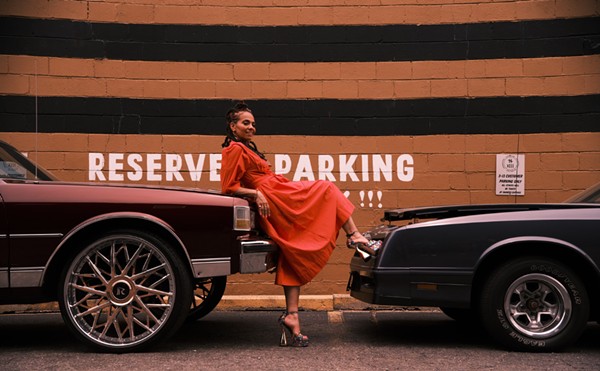“We couldn’t just do a two-hour version of the old series with a different cast,” explains Leonard Goldberg, a producer of the “Charlie’s Angels” television show and the new film, “because the world has changed a lot in 25 years, and women have changed a lot in 25 years.”
So in addition to the daunting task of transforming an old TV series into a successful feature film, the makers of the new Charlie’s Angels had to envision a new model of feminine power. They’re doing this at a time when American women are closer to reaching the goals proposed by feminists in the 1970s, but when females of all ages are increasingly wary of rigid gender expectations. Superwoman, slut, riot grrl, bimbo — labels which once strictly categorized women are being donned and abandoned as it suits the individual. Misogyny still exists, but an insult like “bitch” now has a multitude of meanings, and even serves as a moniker of empowerment. In the midst of this factionalized debate, the new girlpower-fueled Charlie’s Angels wonders, why shouldn’t men love women who can kick their ass?
“These girls are not afraid to take a big chunk out of life, chew it up and swallow it, and take whatever flavor it is,” says Cameron Diaz, who joins Drew Barrymore and Lucy Liu to form the new trio of Angels.
“We really wanted,” she continues, “to create an amazing world where women are celebrated and men are celebrated.”
The film espouses the idea that when women take on the kind of power once reserved for males, men aren’t necessarily diminished. Here, women can be dominant without being domineering, strong but still able to enjoy being a girl. The goal isn’t androgyny, but actual equality.
“Inverting what you might traditionally expect out of male-female relationships,” says first-time filmmaker McG, a veteran director of commercials and music videos, “that’s one of the quiet little things we had fun with; having the women wear the pants in the family when it came to their relationships.
“I wanted to incorporate what my version of healthy individuality is,” McG (born Joseph McGinty Nichol in Kalamazoo) continues emphatically, “independent of classification. That means reaching beyond your grasp, (being) free to do whatever you want to do, and that goes for both men and women. That’s the paradigm we’re trying to set for the new millennium.”
“These are modern Angels,” asserts Lucy Liu, “and in terms of gender, it’s very clear that shows like ‘Ally McBeal’ (where Liu’s a regular) and ‘Sex and the City’ are about women struggling to be people: balancing their love lives and their careers and being independent. (Charlie’s Angels offers) a different twist on how to see and perceive what’s going on.”
Having an audience of girls view women as both action heroes and supportive friends appealed strongly to Drew Barrymore, whose involvement as a producer helped spark the film’s creation.
“We all felt the opportunity as women to get to do a film like this,” she says, “and I liked the original show where these women have this great camaraderie and this lack of competition. They egged each other on, and that’s exactly what we did.”
“In the show,” explains Goldberg, “(the Angels) were three policewomen who had gone through the Academy and the only jobs they could get were directing school traffic or being clerks. When we talked about doing (these characters now), the women on our team made it very clear to me that they don’t want to be in the squad car, they want to drive it.”
“There was a glass ceiling built into that story,” adds producer Nancy Juvonen, Barrymore’s partner in Flower Films, “and the challenge for us was that we weren’t denying it was there, but me in my 30s and Drew in her 20s, we just don’t feel suppressed. So we didn’t want to give that message.”
There are several key differences between the television show and this Charlie’s Angels, where women possess not just the smarts, fighting skills and sense of humor usually afforded to James Bond, but the sexuality as well. Although the series was openly derided as “jiggle television” (a designation which still rankles Goldberg), it was tame compared to the sexual revolution’s anything-goes hedonism.
“I used to meet with the various women’s groups,” Goldberg explains, “who said we were exploiting women. And I would say, ‘If James Garner in “The Rockford Files” could go in an office and flirt with the secretary to get what he wants but Farrah can’t, then I think there’s something wrong with your view of what a liberated woman is.’”
Another significant change is the conspicuous lack of firearms: These Angels don’t carry guns.
“We’re not doing a body-count movie,” asserts Diaz, “and we want to empower these women with their own strength and their own capabilities. There’s something about being faced with danger and being able to protect yourself with your own hands rather than pulling a trigger, which any coward can do.
“We wanted to make a film screaming with energy and life,” Diaz concludes, “and that is what we wanted to replace — what we’ve all become conditioned to expect from an action movie.”
Serena Donadoni writes about film for the Metro Times. E-mail her at [email protected]




